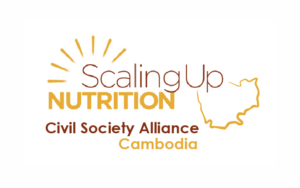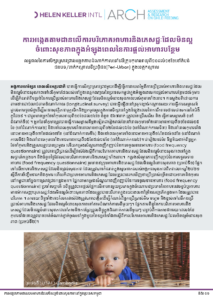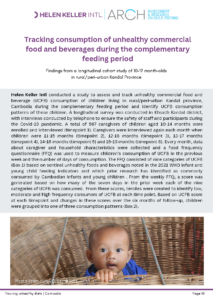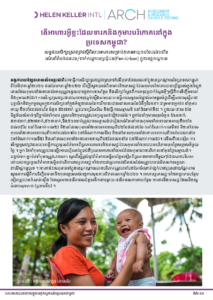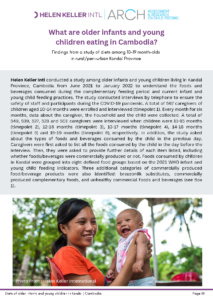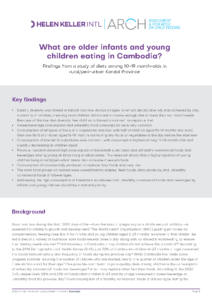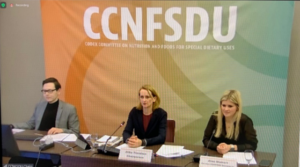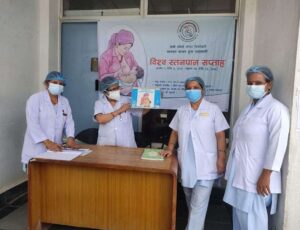Post: Cambodia SUN Network Joint Statement on the Extension of Maternity Leave in Cambodia
Helen Keller Cambodia, along with the Scaling Up Nutrition (SUN) Donor Network, the SUN Civil Society Alliance, and the SUN United Nations Network released a joint statement on March 31, 2023 encouraging the Royal Government of Cambodia to extend paid maternity leave in the country from the current 13 weeks to 26 weeks (180 days)…

